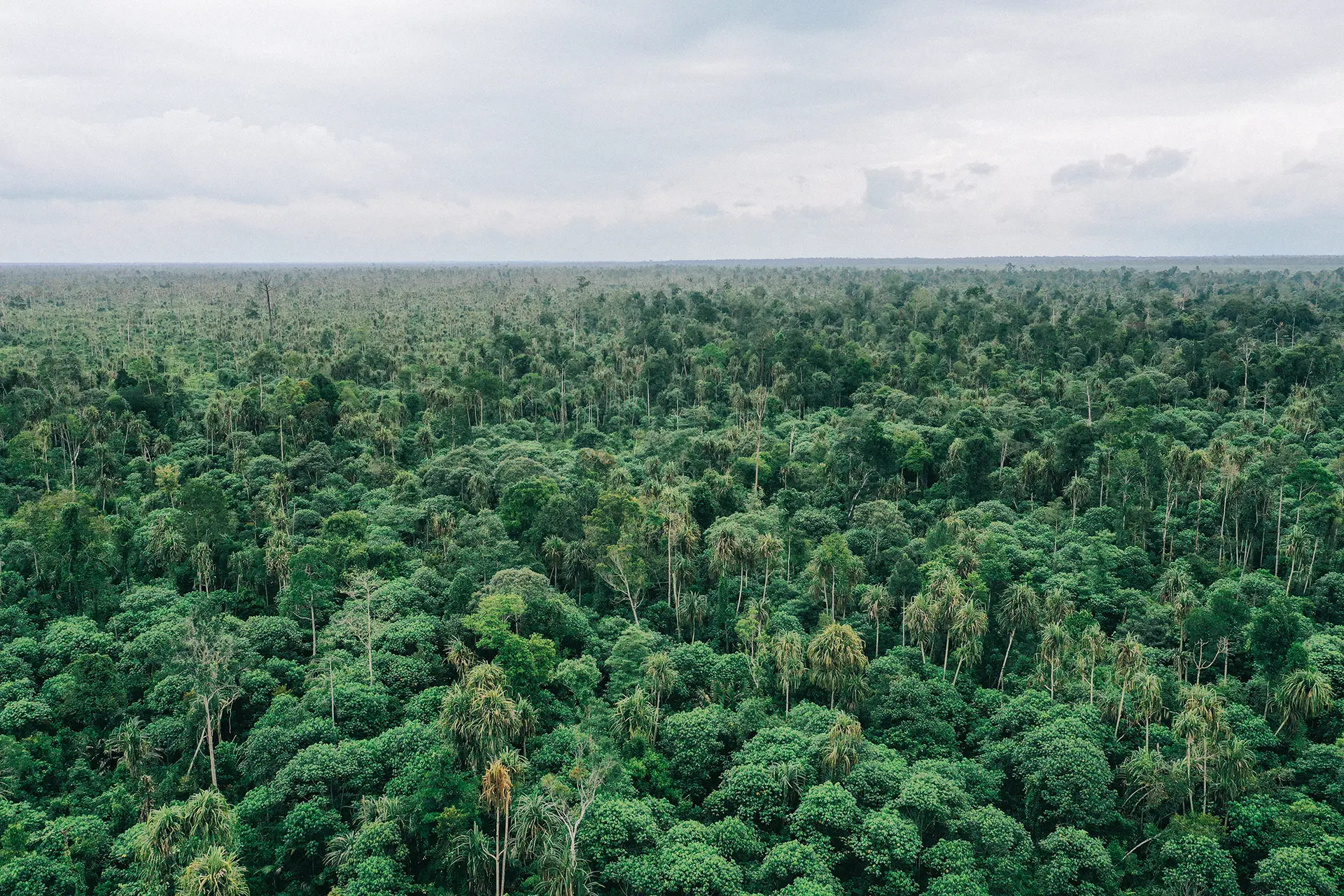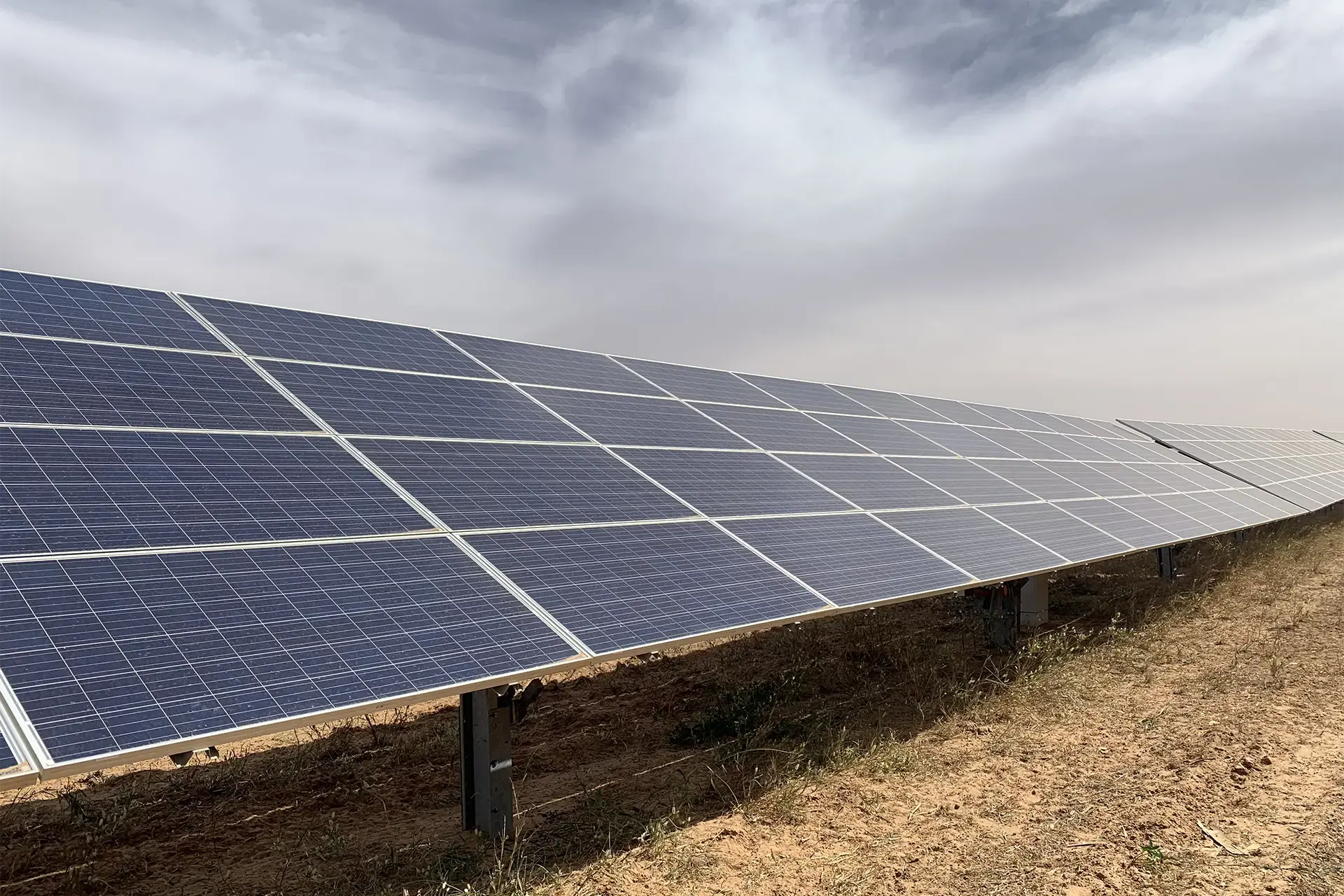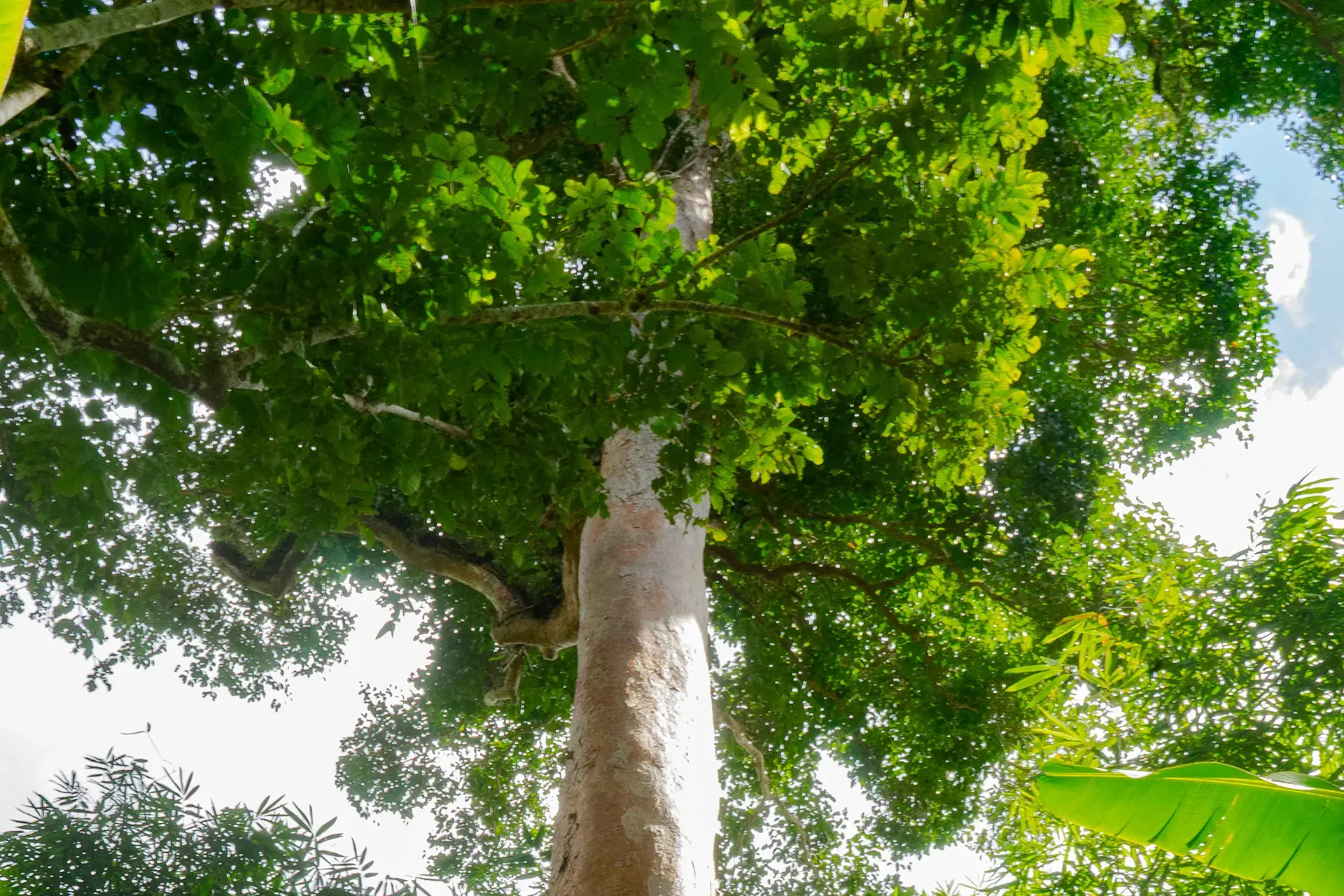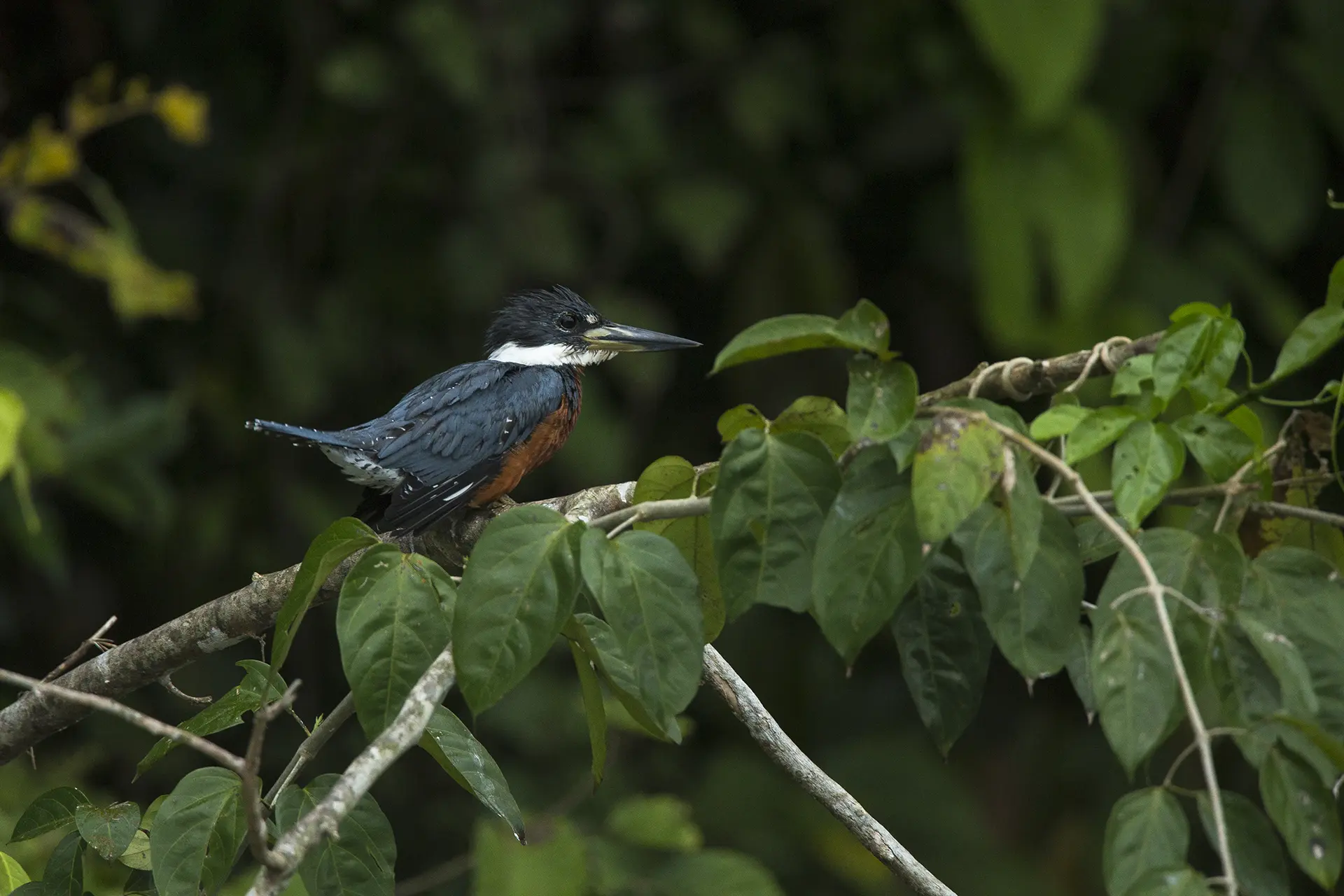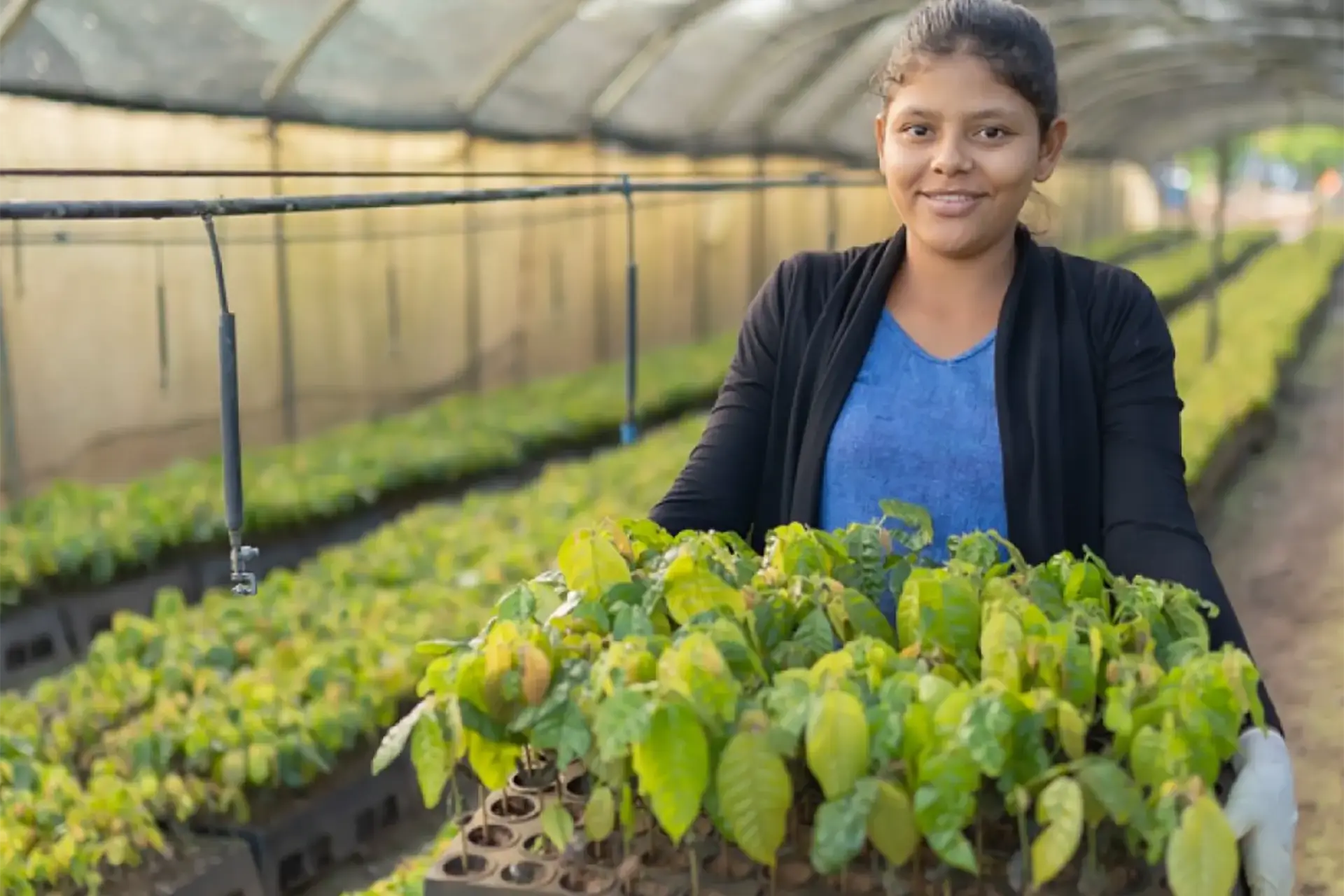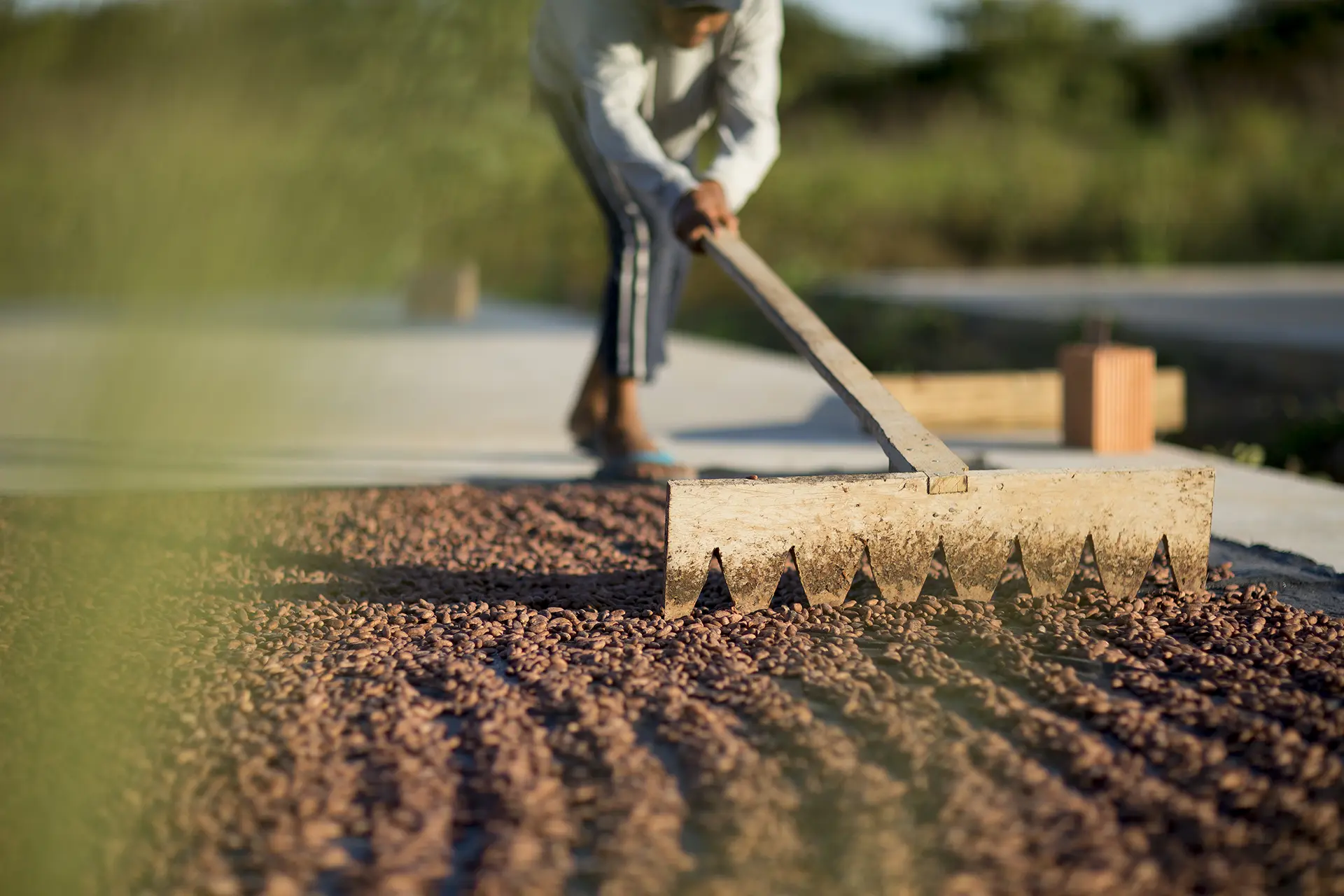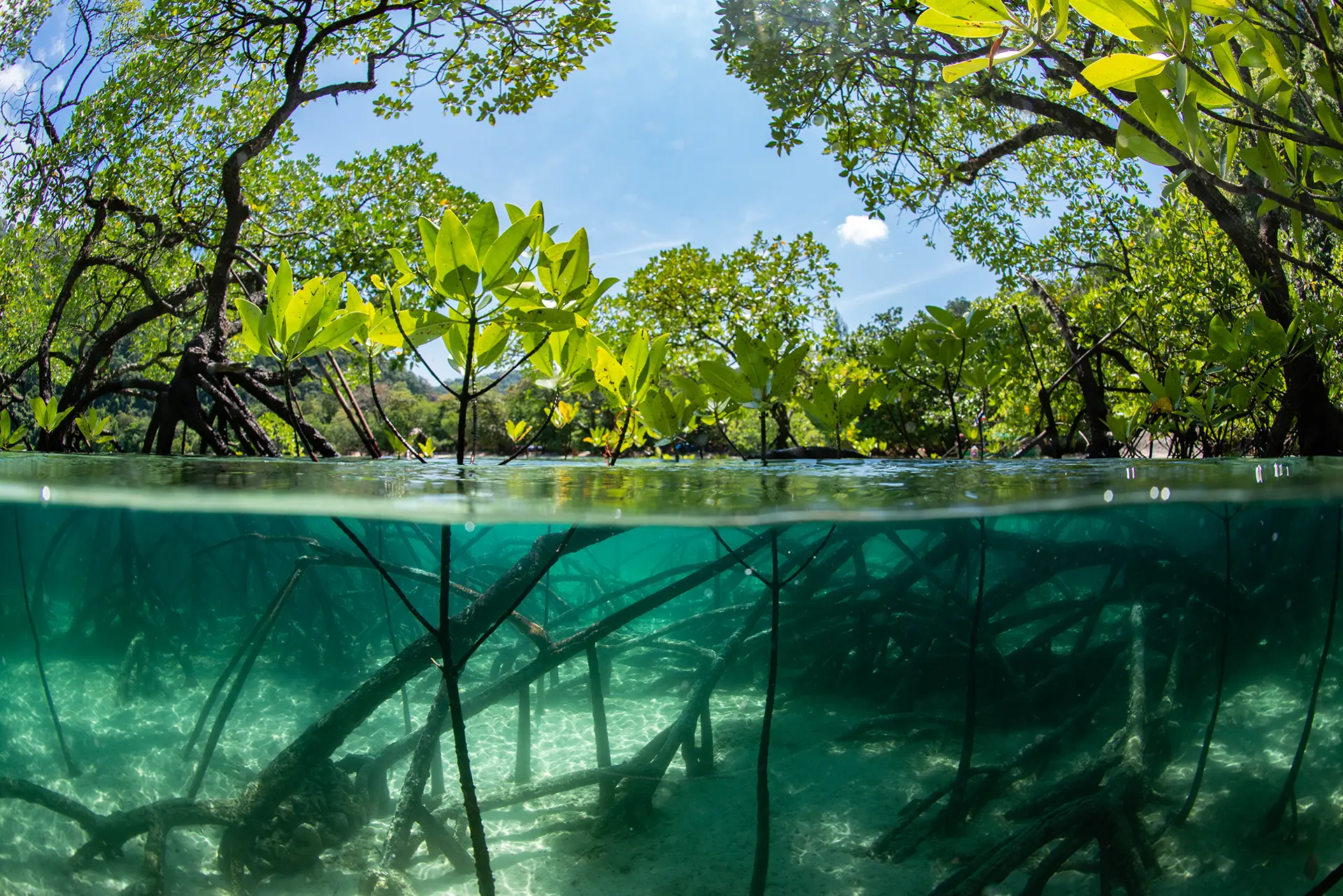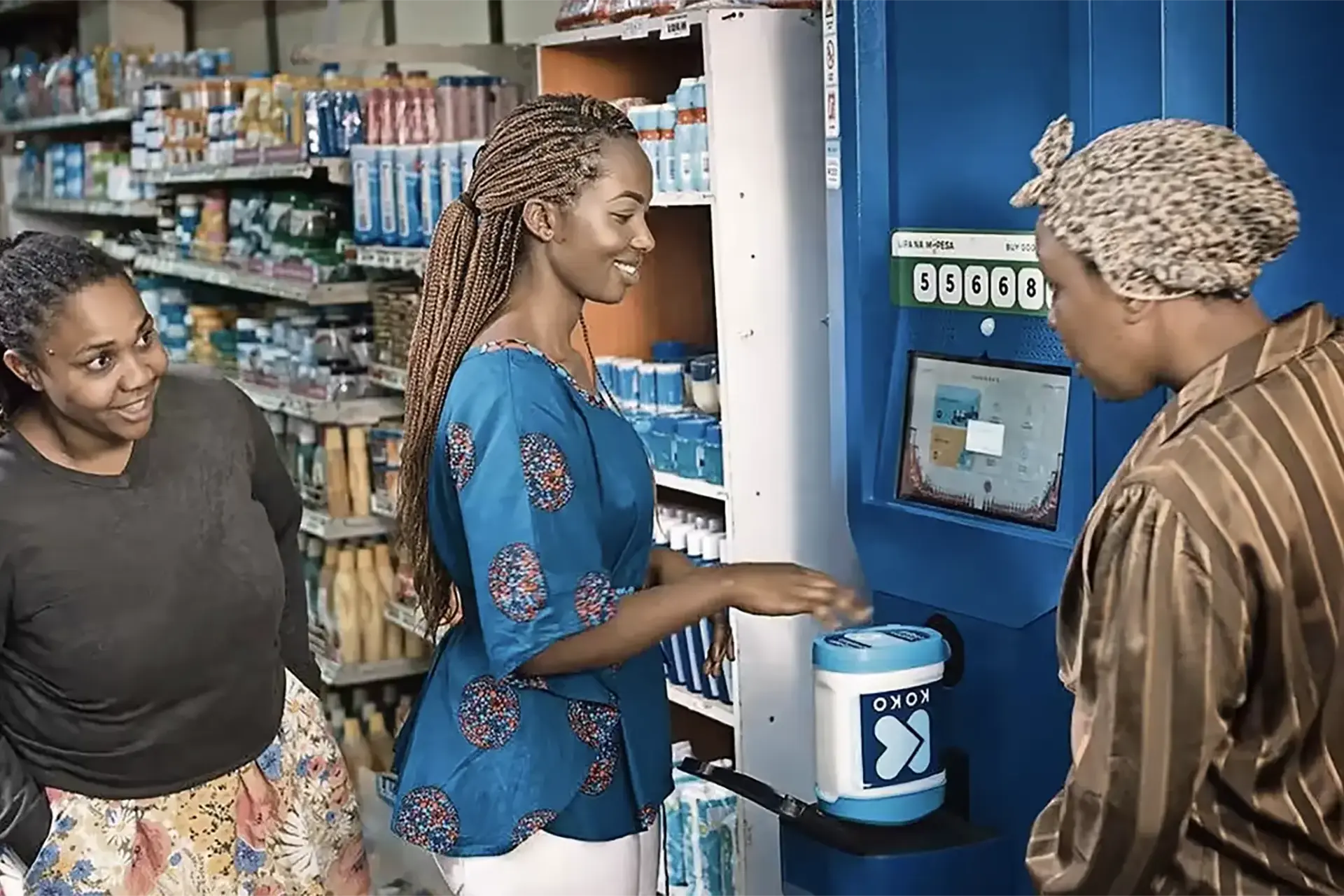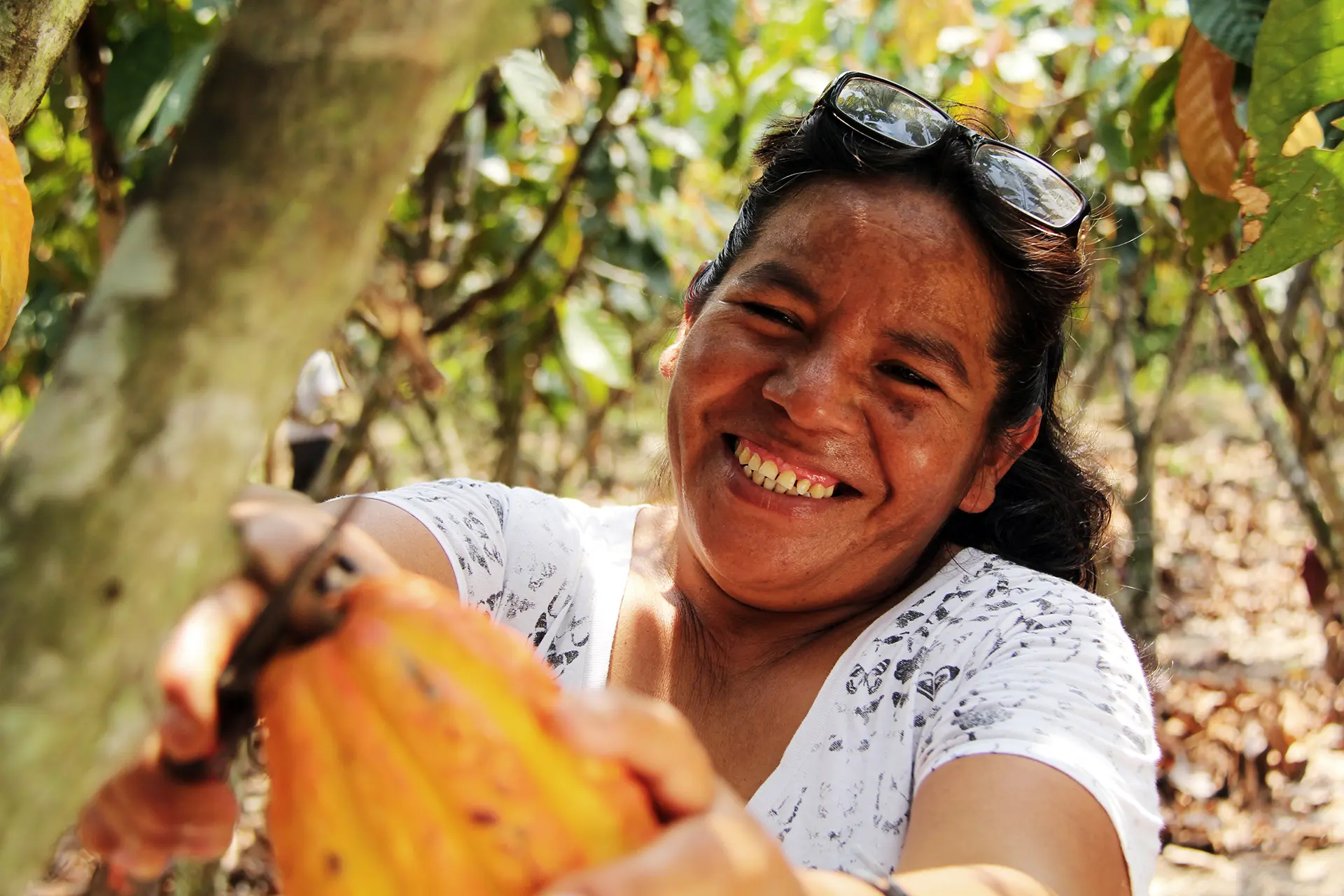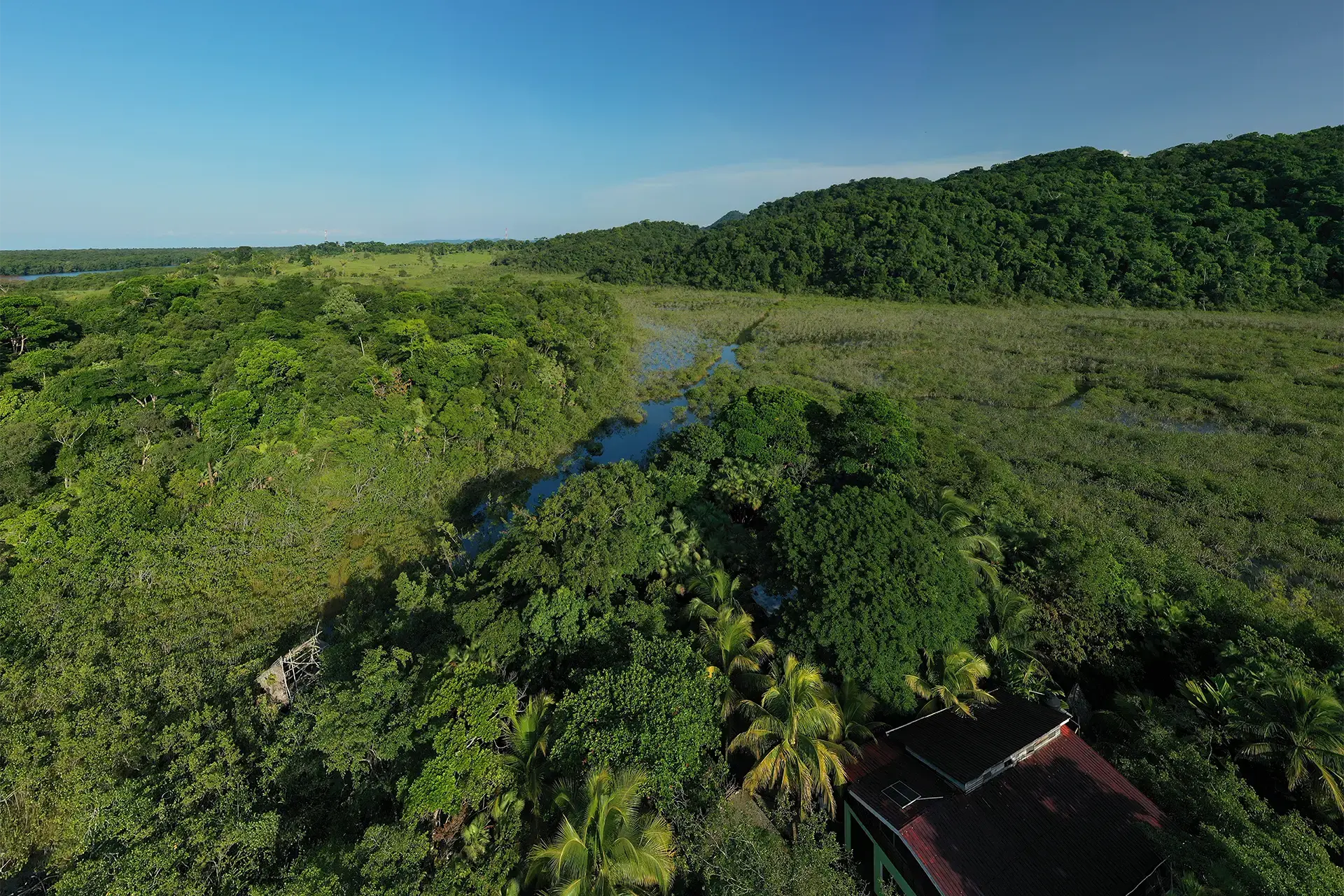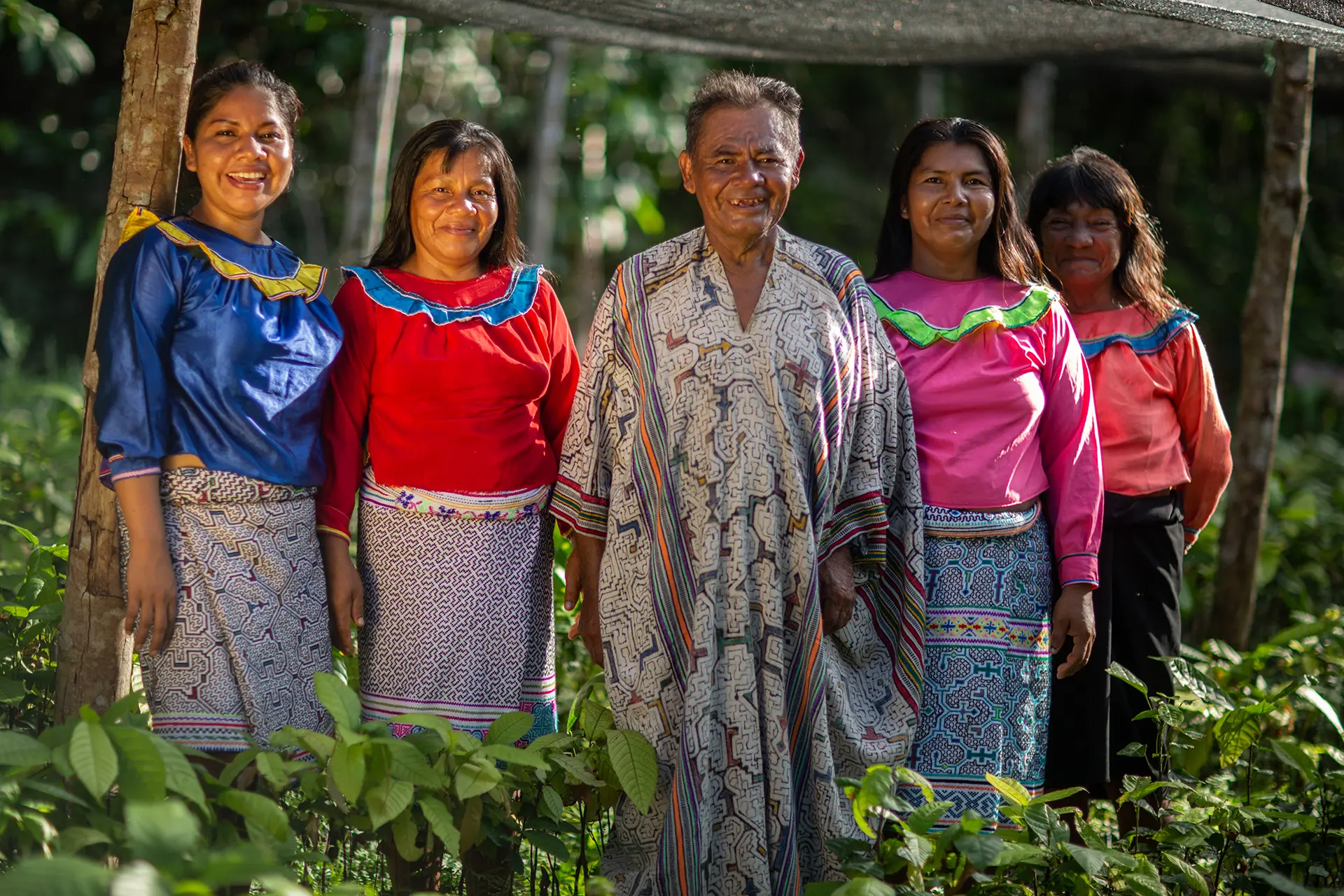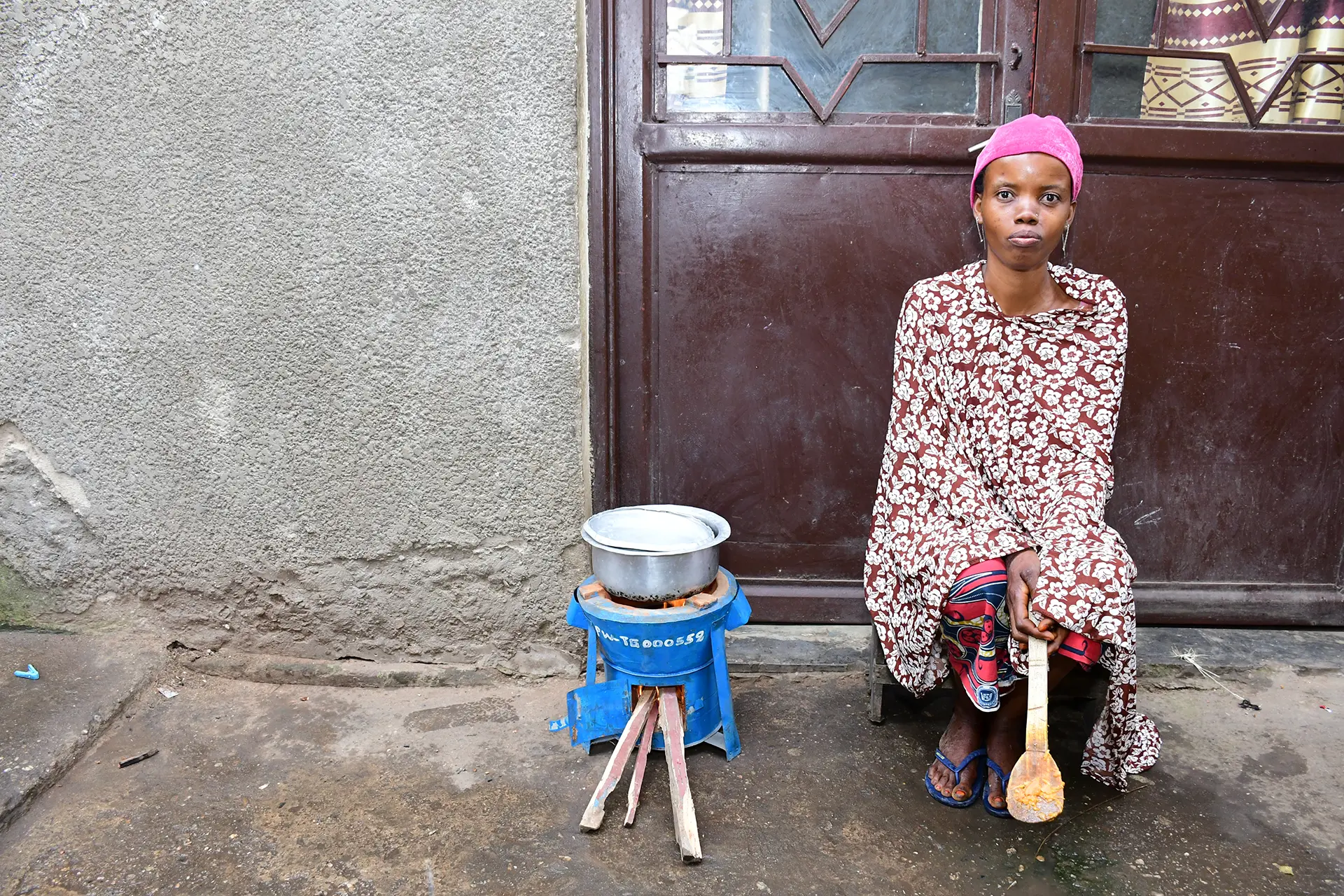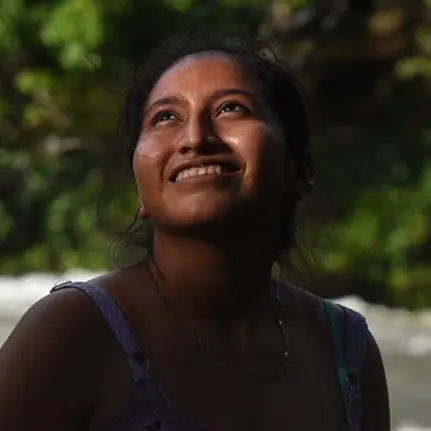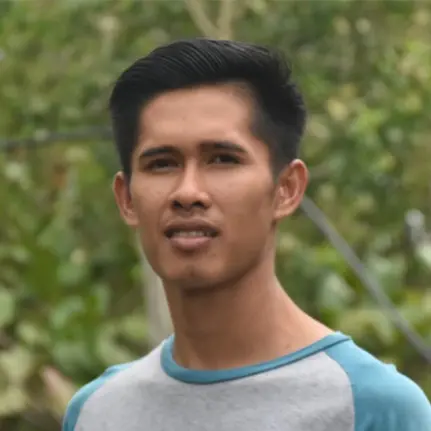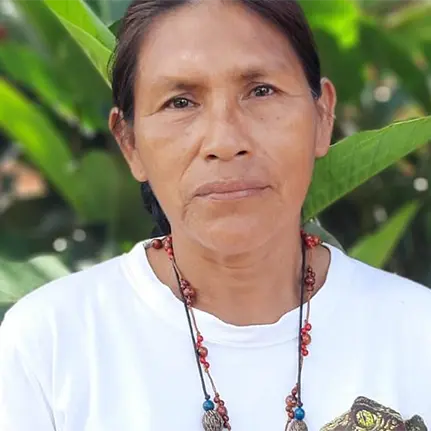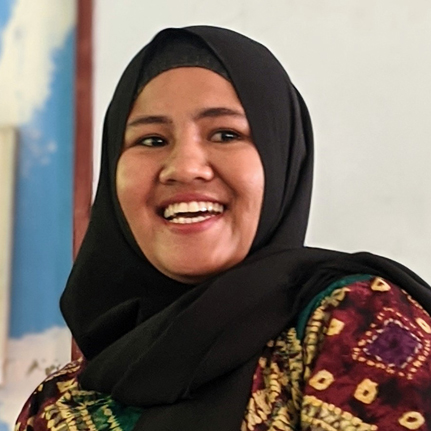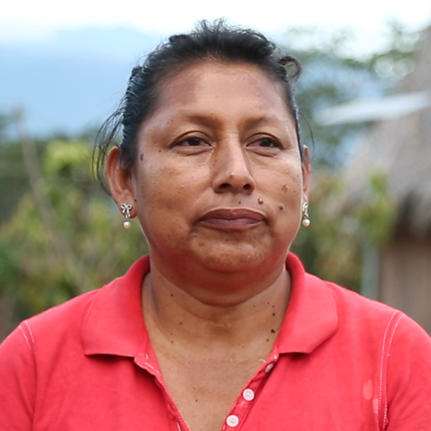High-quality carbon projects are those that generate carbon credits while delivering lasting and tangible outcomes for nature and people. When managed with integrity and governed transparently, carbon projects can be an immediate and effective tool in avoiding and reducing carbon emissions. Conserving and restoring threatened ecosystems, financing renewable energy or supporting fuel-efficiency keeps carbon locked away and restores carbon sinks. By protecting nature and equipping local and indigenous communities, these projects also deliver on many of the other critical issues we face.
Ecosphere+ strives to maximise finance for these high-integrity projects and we do this by partnering with implementors and communities with the context, relationships and knowledge needed to drive landscape-scale change.
We seek ecosystems across the world that are most threatened and through climate finance from the sale of carbon credits, empower local stakeholders to develop effective, community-led solutions.
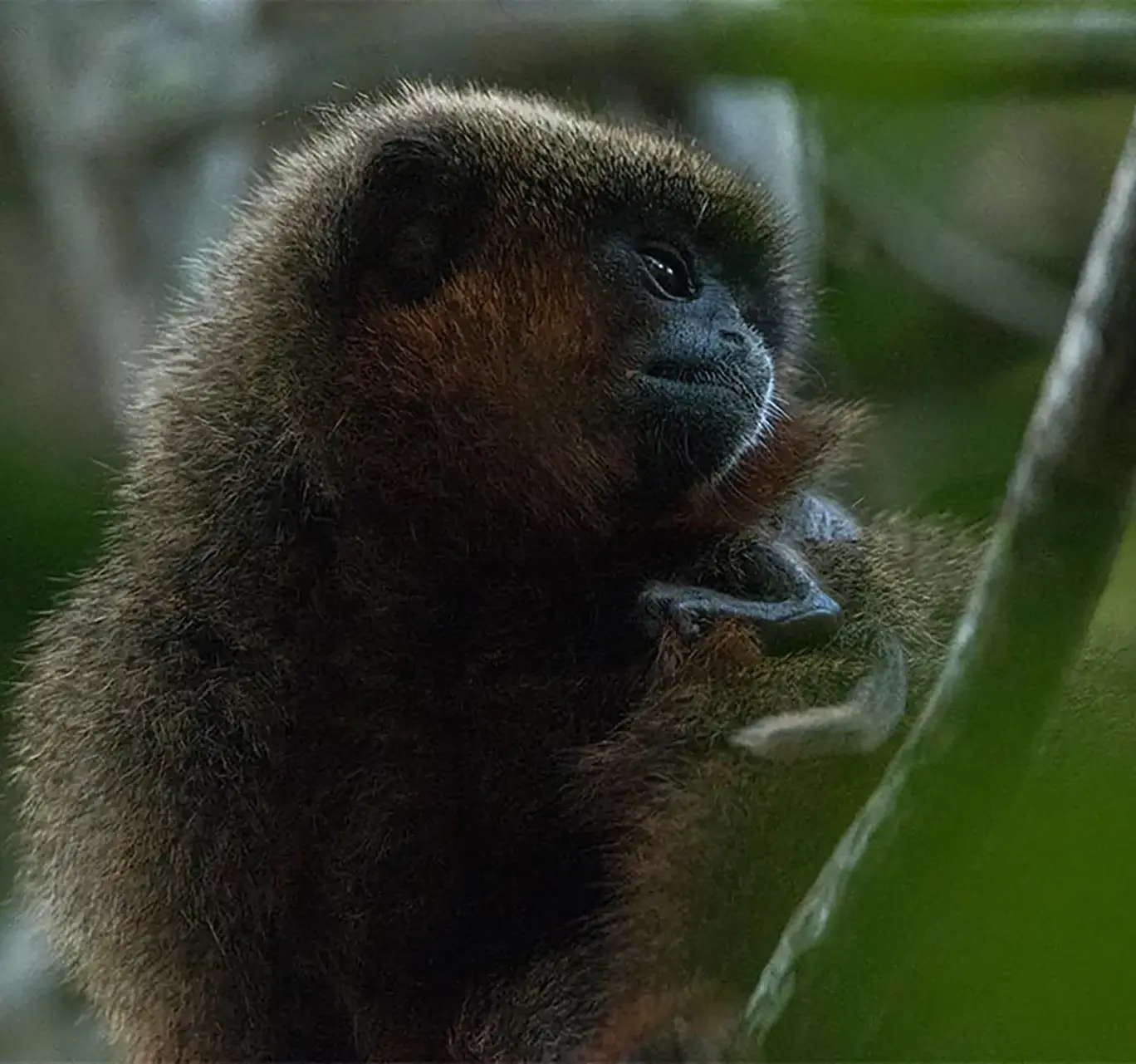
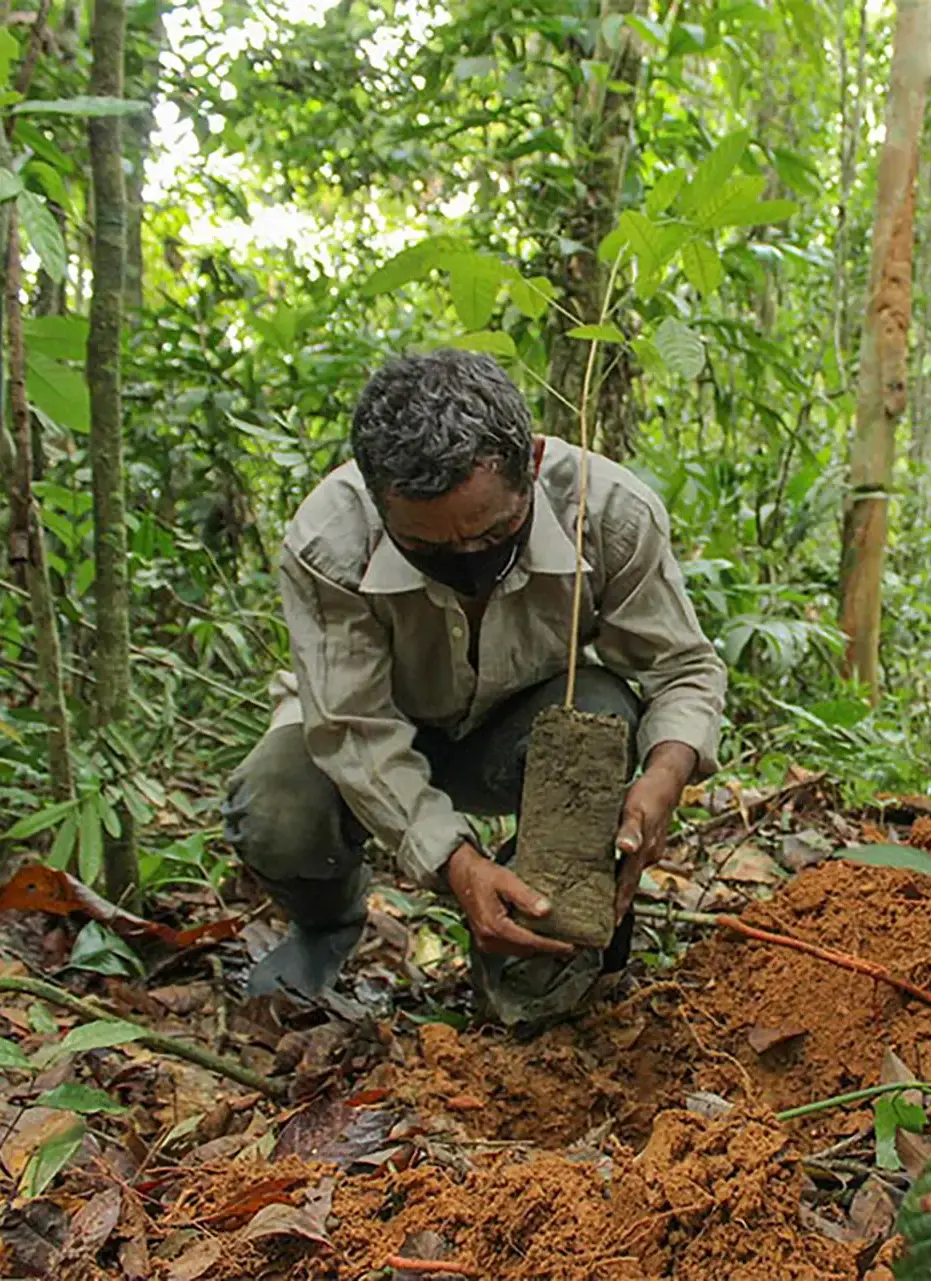
Carbon project types
Alongside our partners, Ecosphere+ works to build and scale carbon projects generating carbon credits across numerous methodologies. Project types include:
Contact us to learn more about how we incorporate various project types to develop comprehensive solutions for our clients.
Showcasing some of the projects we bring to market
- Forest conservation in Guatemala
- Indigenous forest management in Peru
- Fuel-efficient cookstoves in the DRC
Conservation Coast
The Conservation Coast is an internationally recognised forest conservation project spanning the Caribbean coastline of Guatemala from Belize in the north to Honduras in the south. The project protects critically threatened cloud forest home to an abundance of unique and threatened species, including the Jaguar and West Indian Manatee, as well as over 120 species of migratory birds. Project activities support sustainable livelihoods for local and indigenous communities, such as through promoting legal land titling and diversified agroforestry. The project is perhaps best known for its wide-ranging programme to improve access to healthcare and education for local and indigenous women and girls who face systemic poverty and inequality in Guatemala.
Quality assurance

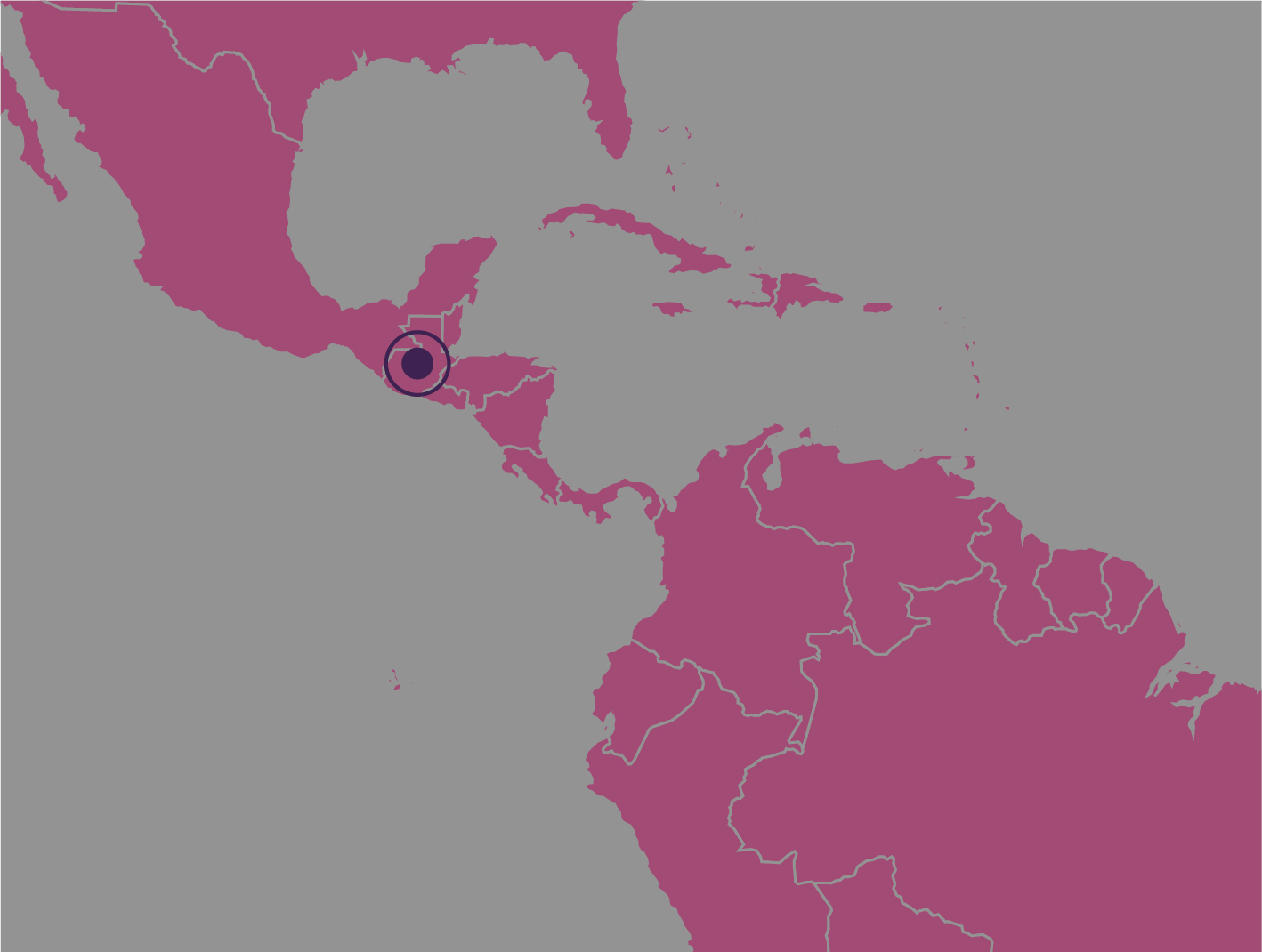
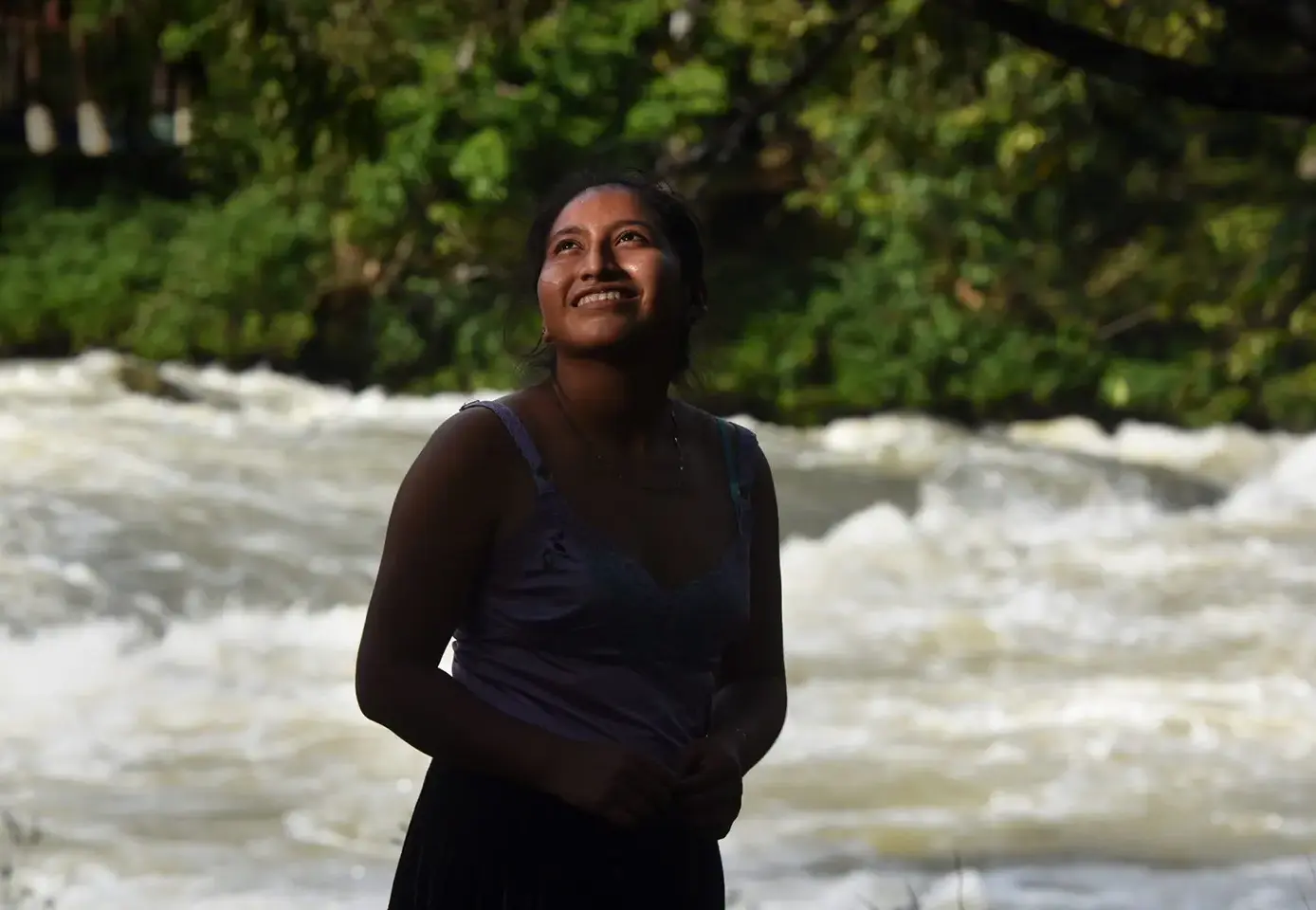
Forest management with Shipibo Conibo and Cacataibo indigenous communities of the Ucayali region (Nii Kaniti)
Nii Kaniti is a unique, indigenous-led forest conservation project situated in the Amazon rainforest in Easterm Peru which brings together seven communities to conserve critically threatened ancestral lands through sustainable forest management. Situated on the banks of the Ucayali River, activities to conserve over 127,000 hectares of the project area focus on indigenous-led enterprises, such as womens’ handicrafts and cacao agroforestry. The project has also developed the world’s first indigenous-led FSC programme as part of a landscape-level programme that is conserving critically threatened Amazon rainforest, home to threatened species such as the Jaguar and Blue-Headed Macaw.
Quality assurance

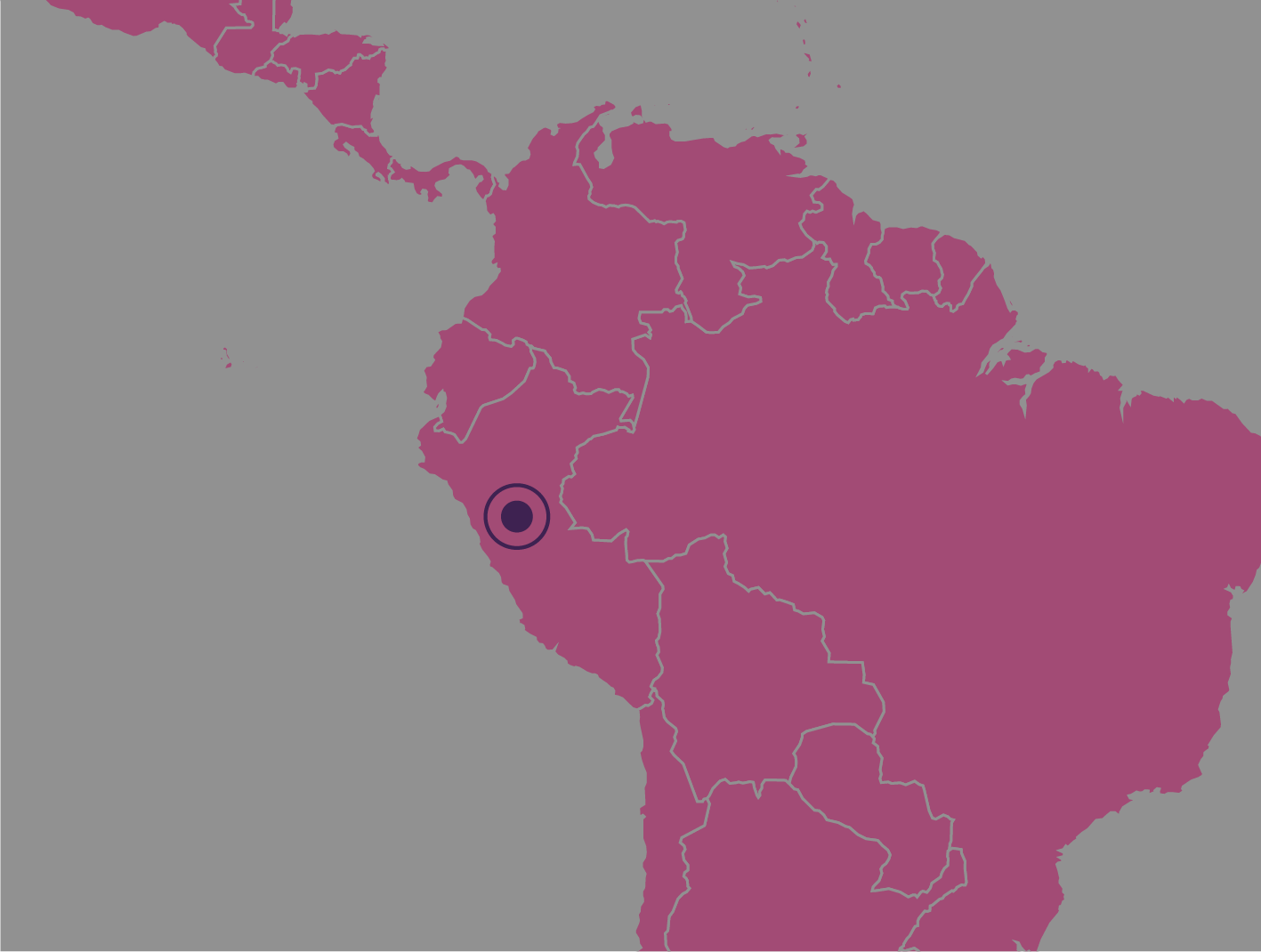
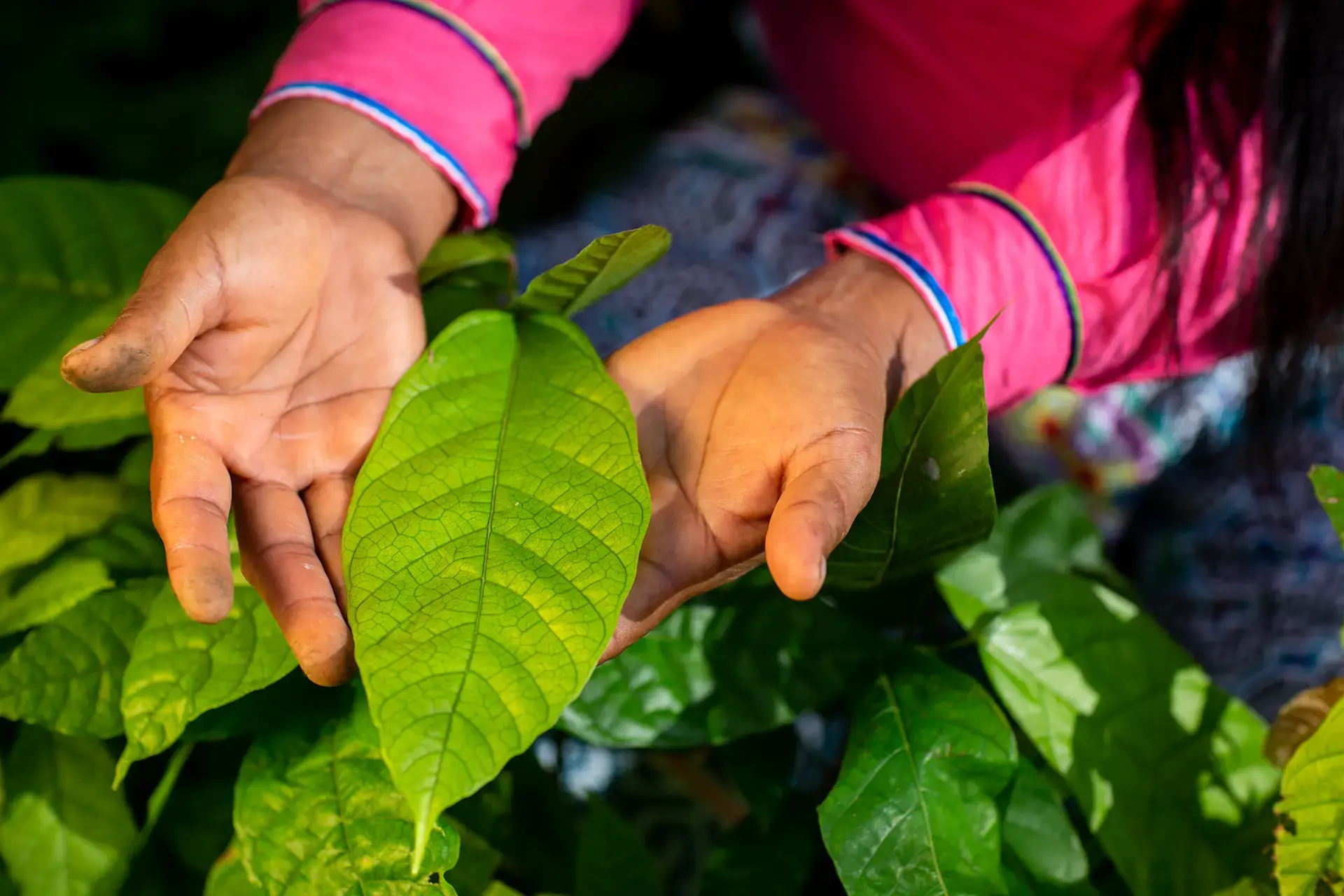
Kalemie
This project introduces fuel-efficient cookstoves into rural villages in Eastern DRC, thereby reducing wood fuel consumption and associated deforestation, as well as improving household air quality which disproportionately affects women and children. The project generates livelihoods opportunities for local communities in the distribution and installation of cookstoves, and is empowering women through reallocating the time spent collecting wood to opportunities in education and employment.
Quality assurance

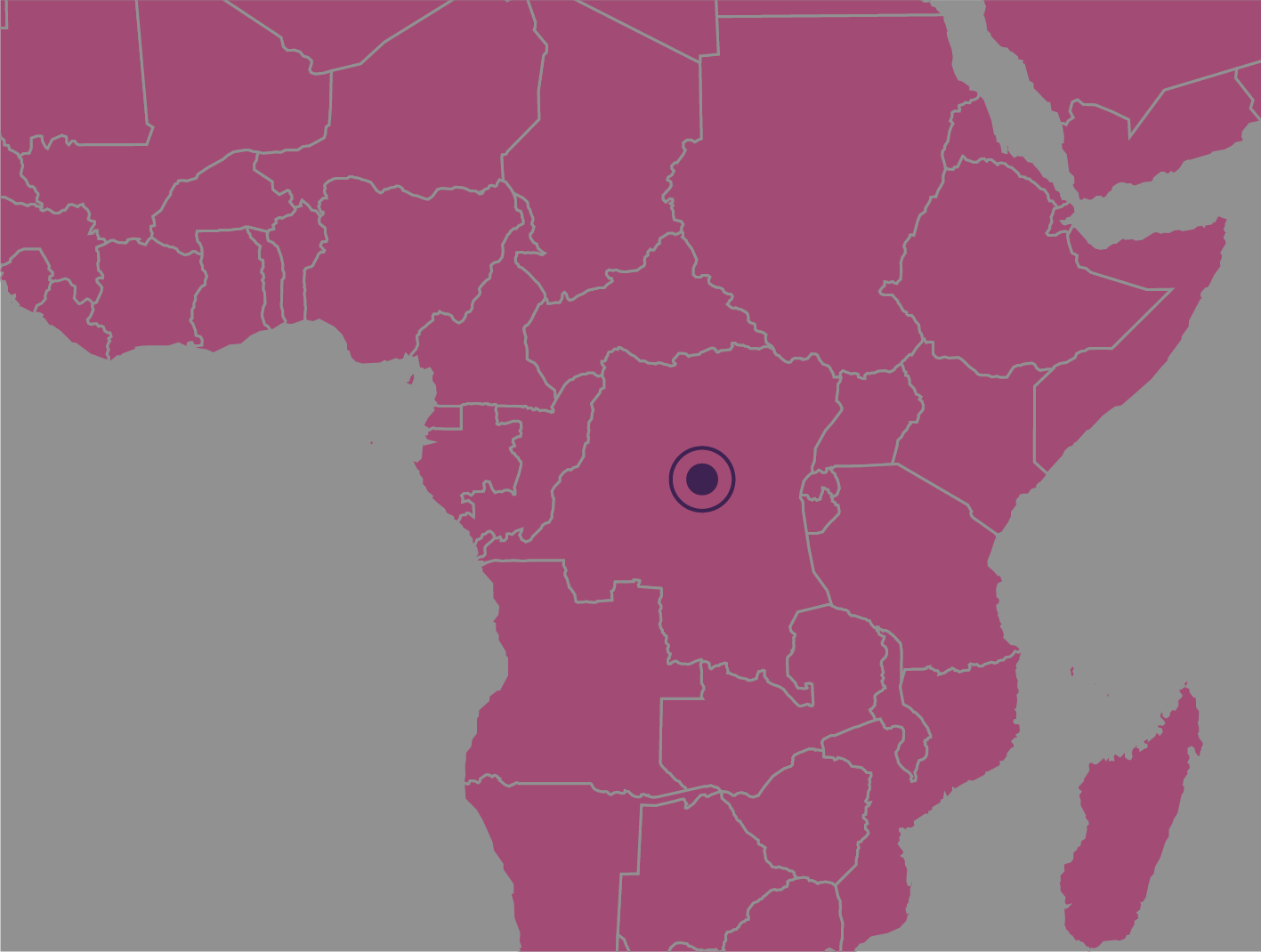
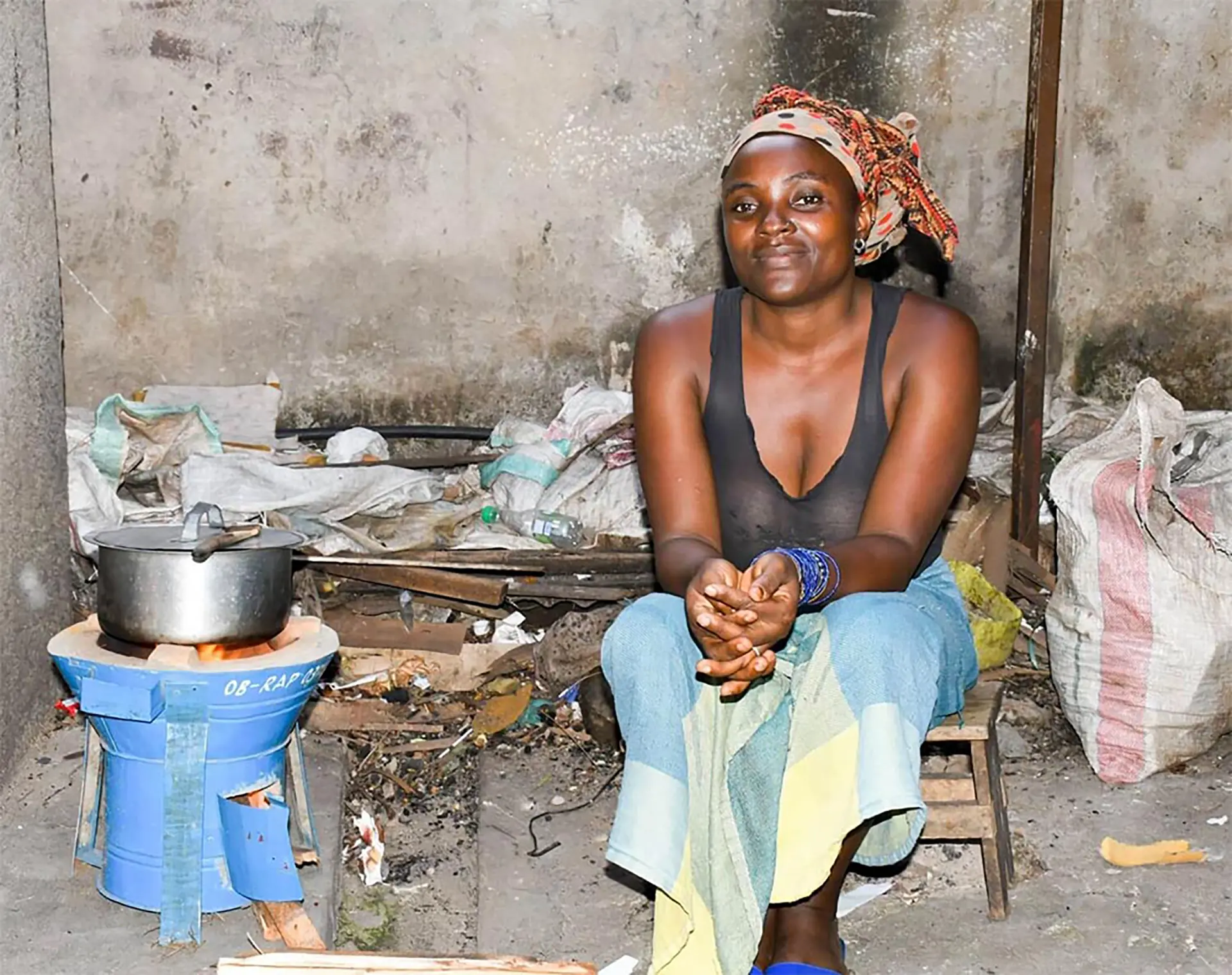
A global project portfolio
Ecosphere+ nature heroes
Meet some of the people at the core of our projects
Species spotlight
A closer look at some of the species whose habitat is protected through climate finance
Project pinboard
We are constantly assessing new projects and opportunities in order to bring the best to market. Check out where our team has been lately.
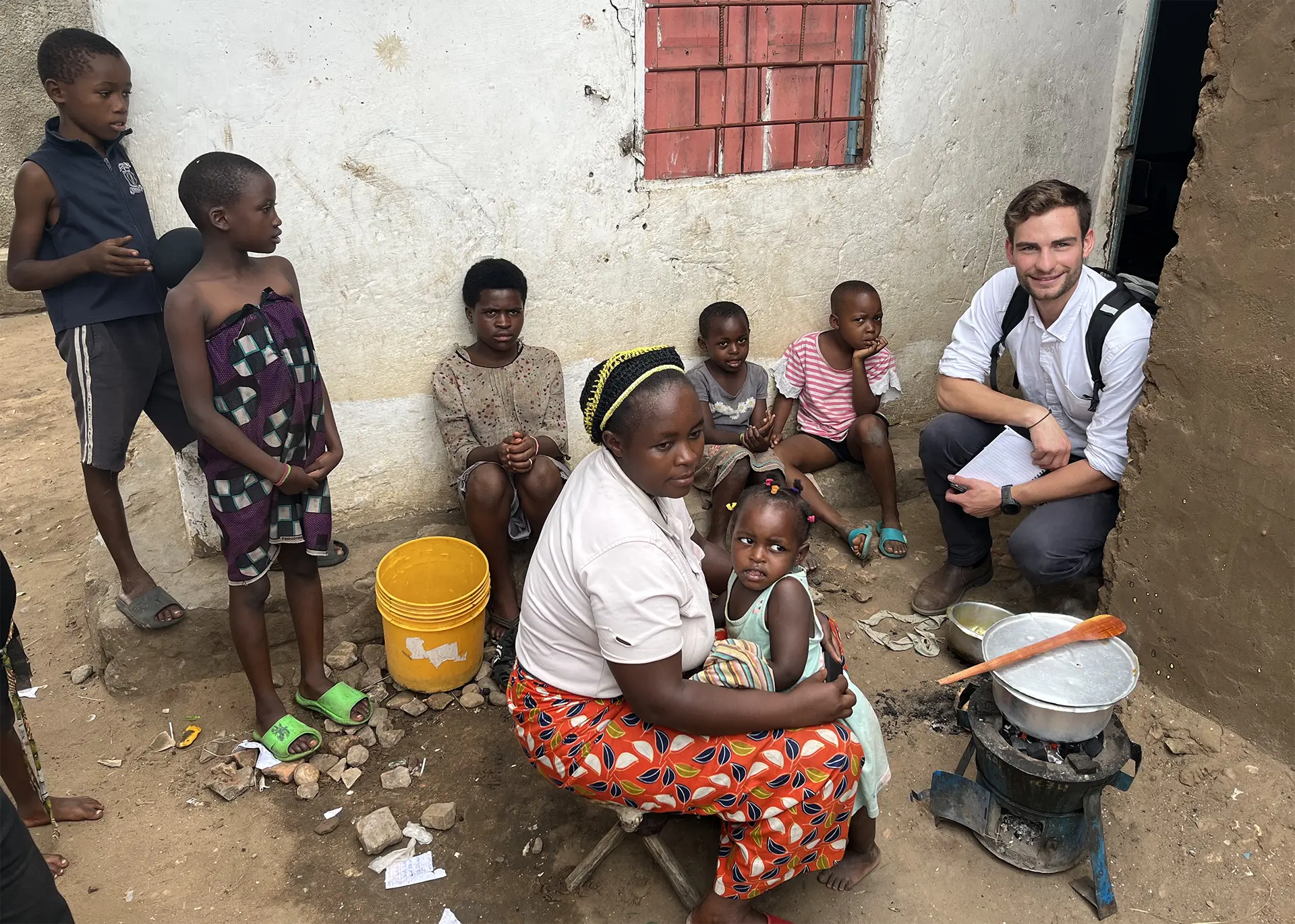
Burundi: clean cookstoves manufacturing
Members of our project team travelled to Burundi to get to know the manufacturing process and employees at the clean cookstoves plant supplying a community-based carbon project just across Lake Tanganyika in the Democratic Republic of the Congo.
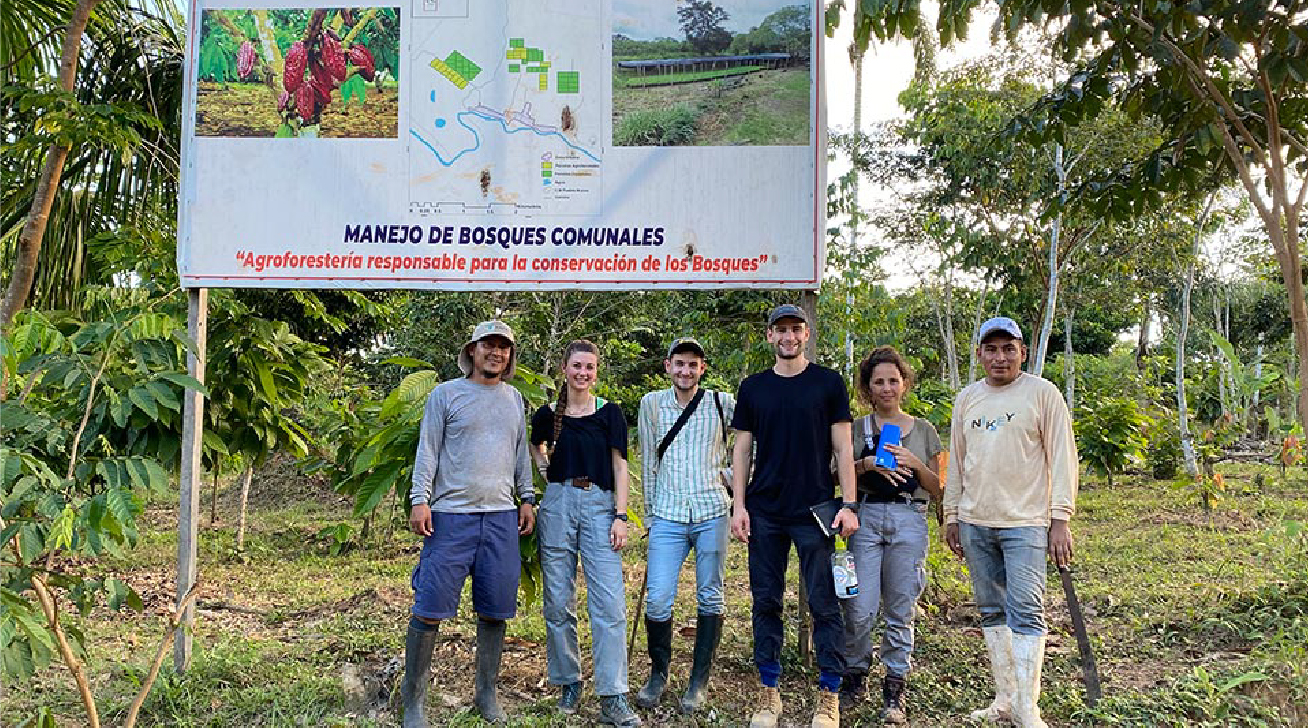
Peru: indigenous-led forest management
A recent trip took some of our team to Eastern Peru to meet some of the indigenous communities involved in the Nii Kaniti project who have established the world’s first indigenous-led FSC programme.
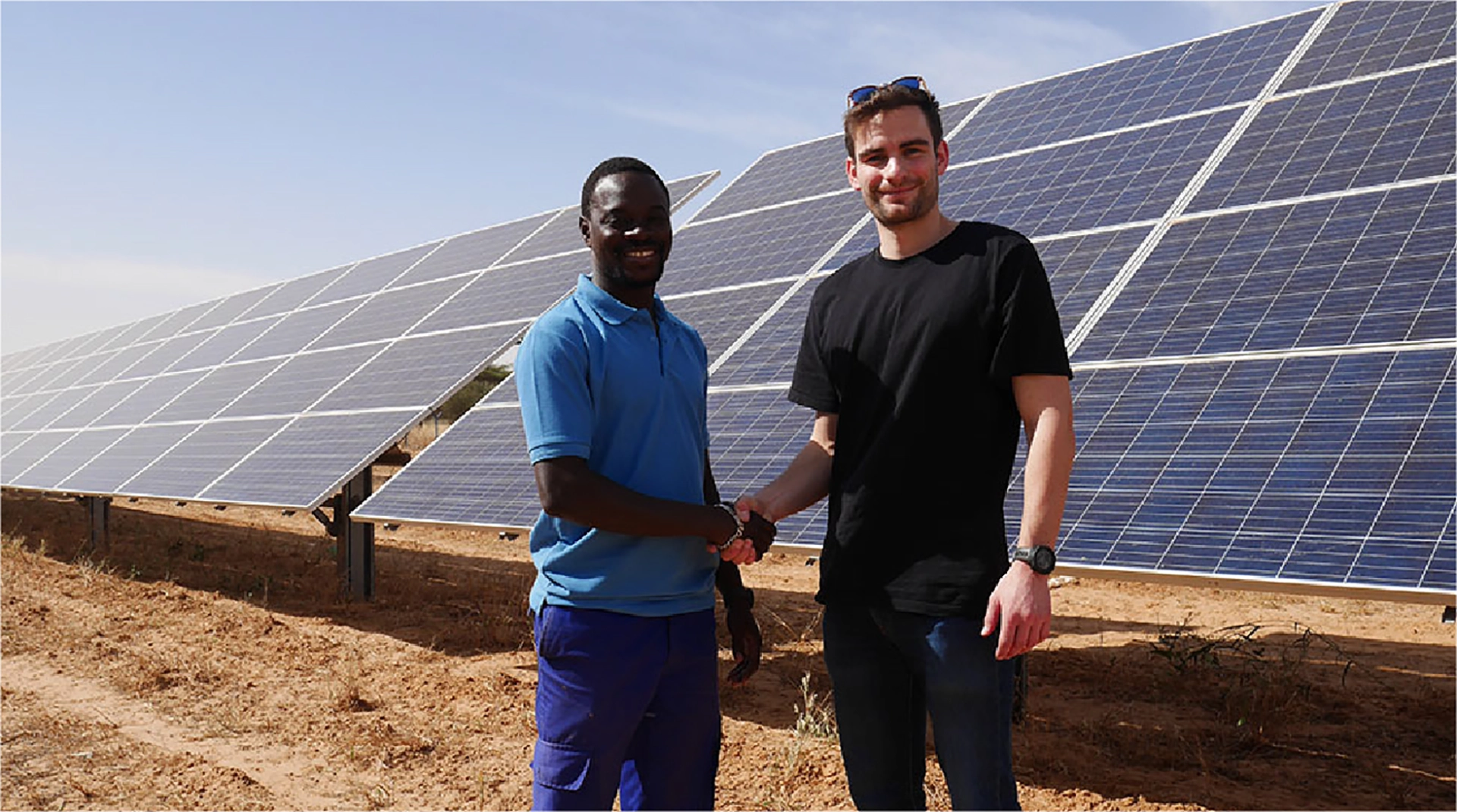
Senegal: rural solar power
Our Technical Manager travelled to Senegal to tour the Sakal Solar Farm and meet the local communities involved in a project proving the viability and importance of Senegalese renewable energy.
Project standards, ratings & impacts
All the projects we represent are verified by external auditors under the market’s leading standards and ratings that certify quality and impact. As part of numerous membership organisations and affiliate groups, our team is constantly assessing emerging quality assurance mechanisms to ensure our portfolio exceeds the highest standards.
